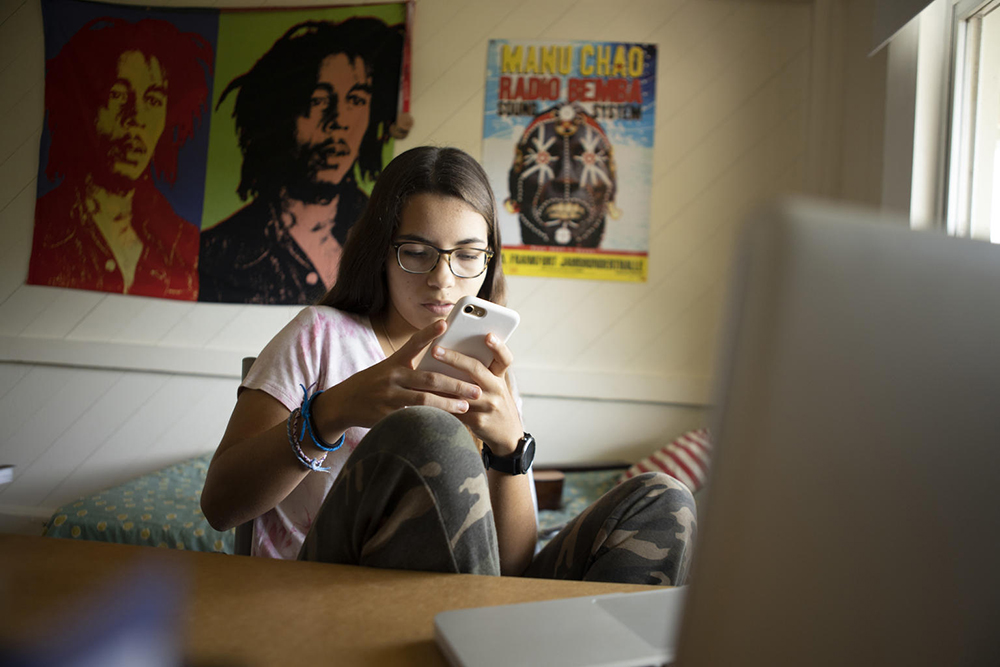UNICEF gathered young persons’ perspectives on artificial intelligence: more education is needed
Last year, the UN Children’s Fund UNICEF hosted a series of workshops for young people from different parts of the world in order to gather information about children's experiences of artificial intelligence (AI). The results of the consultations support global policy guidance.

“First of all, take the time to get to know adolescents, because we are all aware of the intergenerational difference that occurs in two completely different childhoods. After that, assuming that a 13-year-old child probably knows more about some issues than an adult who is 50 years old today when he or she was 13, it is time to stop infantilising young people.”
This is how an adolescent from Chile sums up what many other young children think about the importance of engaging children and youth in finding solutions for questions relating to AI.
Last year, UNICEF consulted 245 adolescents to learn about their views and experiences of the use and development of AI. Consultations were carried out in the form of workshops, attended by young children aged 12 to 19 years from Brazil, Chile, South Africa, Sweden and the USA.
UNICEF and Finland are collaborating to create global policy guidance on the development and use of AI that affects children. The guidance is first of its kind. It aims to help governments, municipalities and companies to make sure that the AI solutions used by them will work for the best interest of the child.
Risks difficult to discern
In the workshops, the children and adolescents discussed everyday situations where AI is involved, including service providers’ chat functions, facial recognition related to security arrangements, smart software that supports learning, and automatic entry selection processes used by educational institutions.
Some knew very little about the subject matter in advance, while others had carefully reflected opinions. Obvious differences in attitudes emerged, for example, in questions concerning data security: some told that, without further thought, they regularly submit their personal details and private data when downloading new applications.
However, there were others who were wondering where the data goes and who will use it. One thing that raised discussion was targeted advertising. A young person from Sweden was concerned about the possibility that “my free will and personal space are destroyed”.
AI is a source of inspiration
Plenty of opportunities were identified in AI, including software relating to better education, health, security and transport. Many linked AI with science fiction films and considered that it is inspiring in that it leads to discussions about the future.
“What excites me about AI technology is the day when we can make life-size robots and ships to travel us to different planets in the solar system,” says an adolescent from the USA.
As a rule, young children felt that they had learned about AI more at home and from friends than at school. They therefore hope that they would receive general AI education so that all would understand both the risks and opportunities involved in AI.
An adolescent from Chile, who hoped that the authorities would be more active, said:
“There should be talk in schools, or advertising (which is very influential) that informs or persuades us to know more and be protected on our own. Let it be assimilated into our culture, so that people understand it as commonly as we know the notions of electricity and doors or technology.”
UNICEF has consulted also experts in AI and child protection specialists. Based on the user experiences, the guidance will be finalised and published at the end of 2021.
A report on consultations with adolescents across the world can be accessed on UNICEF’s website.
Read more about the global policy guidance on AI for children at the website of the Ministry for Foreign Affairs.